LA UNION, May 15, 2024 – Farmers in Ilocos Sur and Ilocos Norte are reaping the benefits of participatory planning with the Department of Agriculture – Special Area for Agricultural Development (DA-SAAD) Program Phase 2. Through SAAD’s Participatory Rural Appraisals (PRAs), beneficiaries contributed to shaping future livelihood projects that directly address their unique needs and challenges, fostering a sense of ownership and ensuring project sustainability.
Eight farmers’ associations (FAs) from seven municipalities engaged in planning and evaluation activities from April 2 to 26, 2024. The primary goal was to gather crucial baseline data to guide the implementation of future projects.
Participating associations included the Malaggao Adams FA (Adams), Virbira Tribal Zanjera FA, and Cabanasan Irrigators’ Association (Carasi) in Ilocos Norte.
Ilocos Sur beneficiaries hailed from the Barangay Sto. Rosario Farmers’ Association (Sigay), Taripnong Dagiti Mannalon ti Barangay Lapting (Nagbukel), Bulig Hog Growers’ Association (Gregorio Del Pilar), PhilLead FA (Lidlidda), and Paratong FA (Sta. Catalina).
Malaggao FA president Elmo Taggaoa expressed his gratitude for being selected as a beneficiary of SAAD. He highlighted the challenges they faced regarding costly farm inputs and how the PRA process helped them identify their problems and develop solutions as an association.
“Maragsakankami iti pannakapili ti Malaggao Farmers a tulungan ti SAAD nangruna ta nangina dagiti pagkasapulan iti talon. Babaen daytoy a training [PRA], naibinsa-binsami dagiti problema ti asosasion ken no ania dagiti makitkitami a solusion. Sapay koma ngarud ta agtultuloy dagitoy a tulong ti SAAD para kadakami. Mariknami ket adda ti napintas a pagturongan daytoy a programa gapu ta dakami a nakukurapay ti kangrunaan a tultulunganna,” Taggaoa said.
[The Malaggao farmers are happy for being chosen as SAAD beneficiary since costly farm inputs have always been a challenge for us. Through the PRA, we have identified our weaknesses and problems as an association and developed solutions. We truly hope that SAAD will continue assisting us. We can feel that this program will be a very successful program because it prioritizes poor farmers like ourselves.]
The PRAs utilized various methods like timeline analysis, seasonal calendars, cost-benefit analysis, resource mapping, and SWOT analysis. These techniques facilitated discussions where farmers identified challenges like water scarcity, particularly in upland areas impacting dry season production, high farm input costs, frequent pest and disease outbreaks, and limited market access.
The PRAs were conducted by teams of three from SAAD Ilocos region, which include the Operational Planning, Budgeting, Monitoring, and Evaluation Regional Lead, Assistant Lead for Ilocos Norte, Agricultural Programs Coordinating Officer for Ilocos Sur, community development officers/area coordinators, and information officer, and representatives from the Provincial Local Governments of Ilocos Norte and Ilocos Sur, and the Municipal Agriculturists from the covered municipalities.
Drawing on insights from the PRAs, proposed livelihood initiatives will focus on livestock raising and crop cultivation, specifically tailored to the needs and location of each participating group.
Following the PRAs, the farmers’ groups will undergo profiling and capacity building programs, equipping them with the skills necessary to actively manage their own development as associations.
This collaborative approach between DA-SAAD and Ilocos farmers ensures that future livelihood projects are not only relevant but also empower participating communities to take ownership of their agricultural development. ###
Writer: Pearl Lovedyn Dacuag, DA-SAAD Ilocos Information Officer

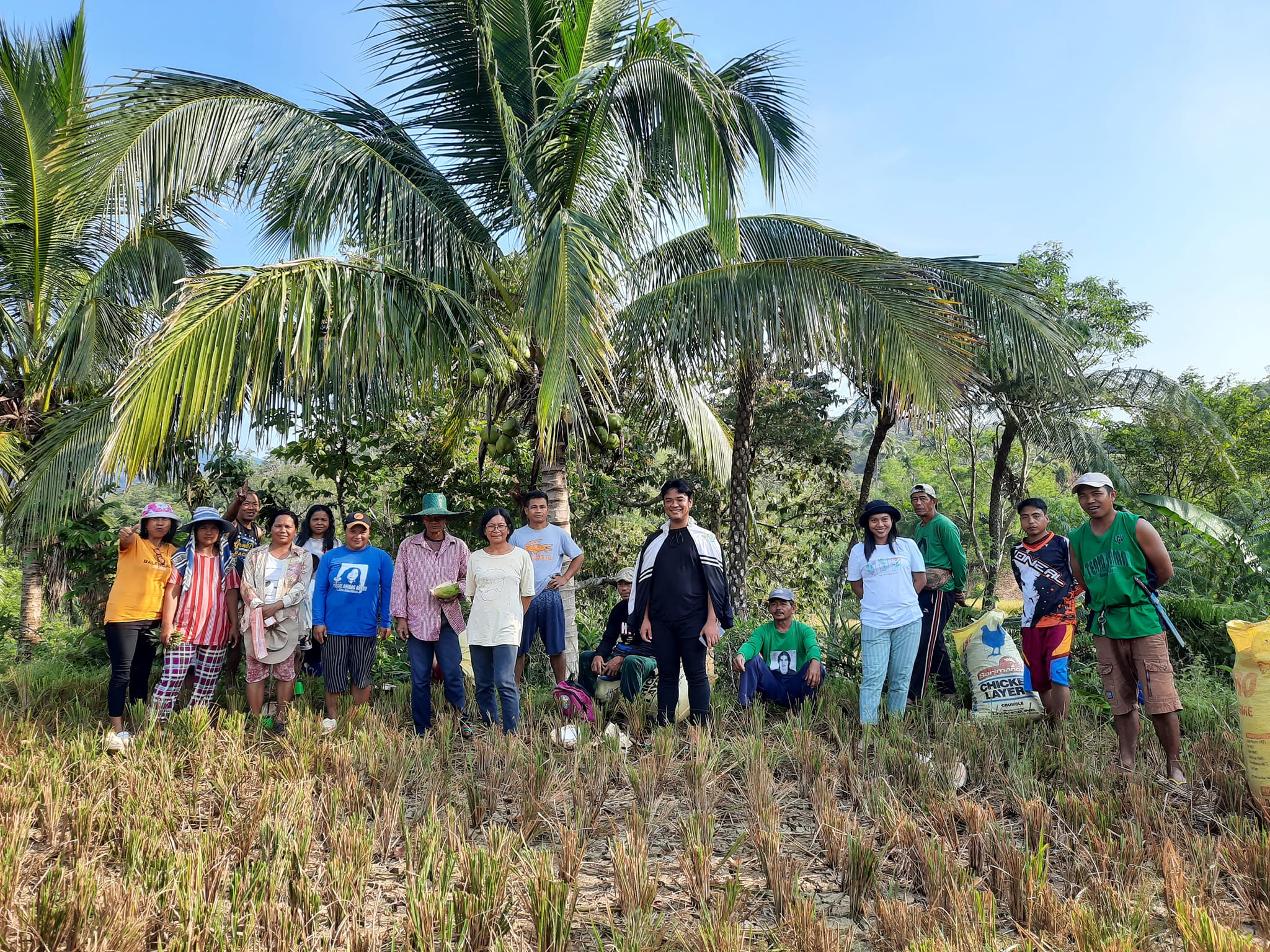
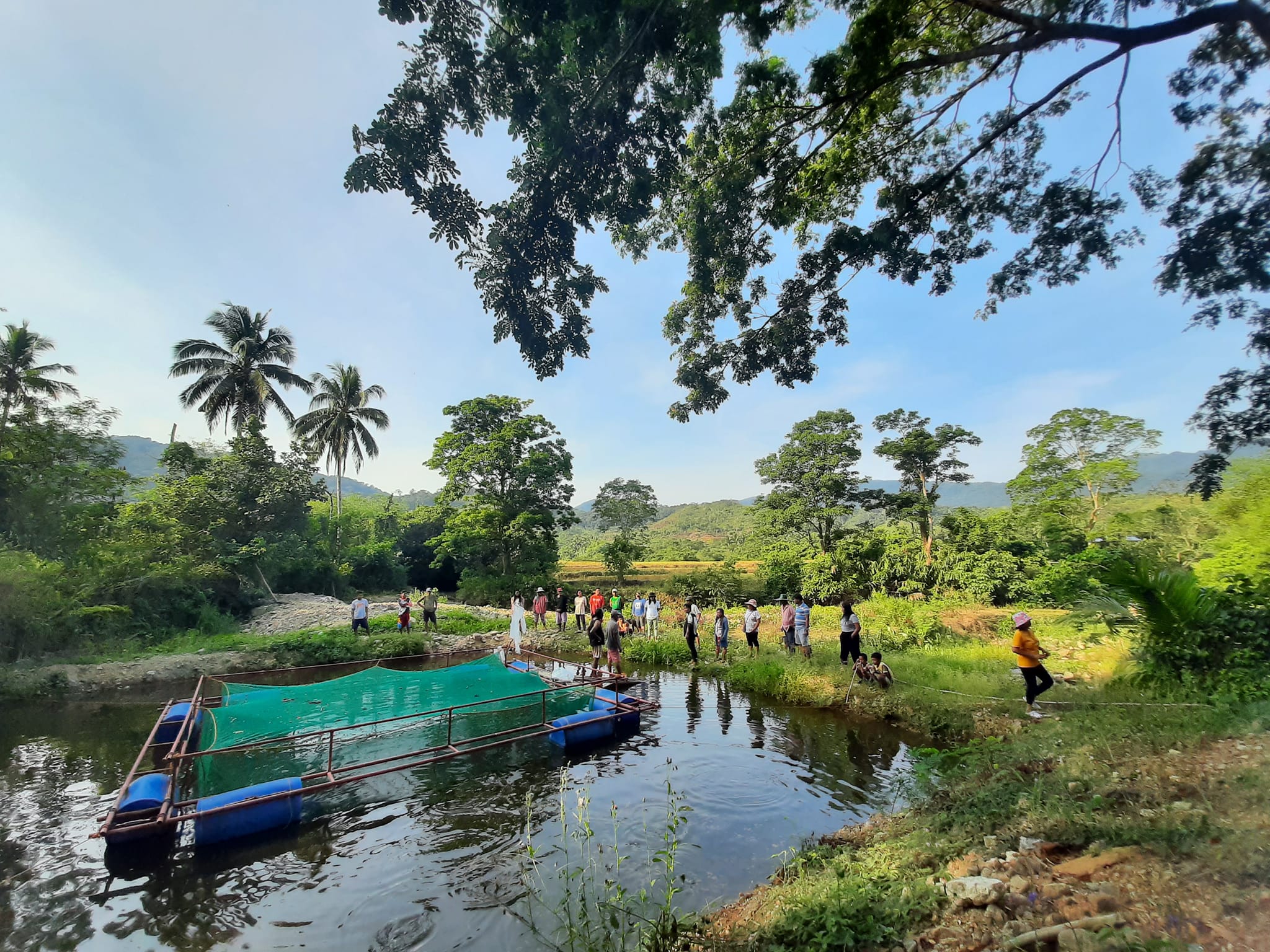
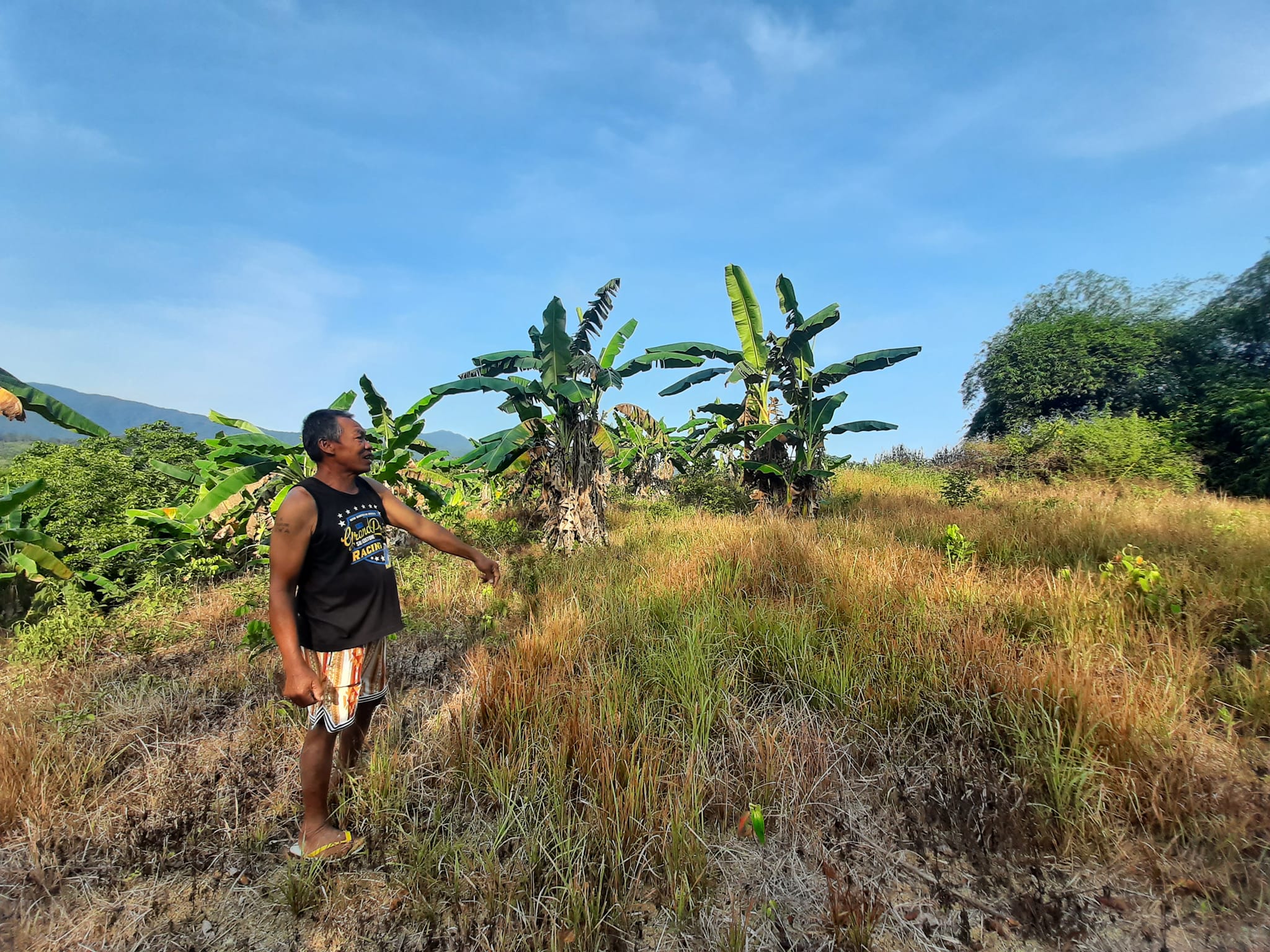
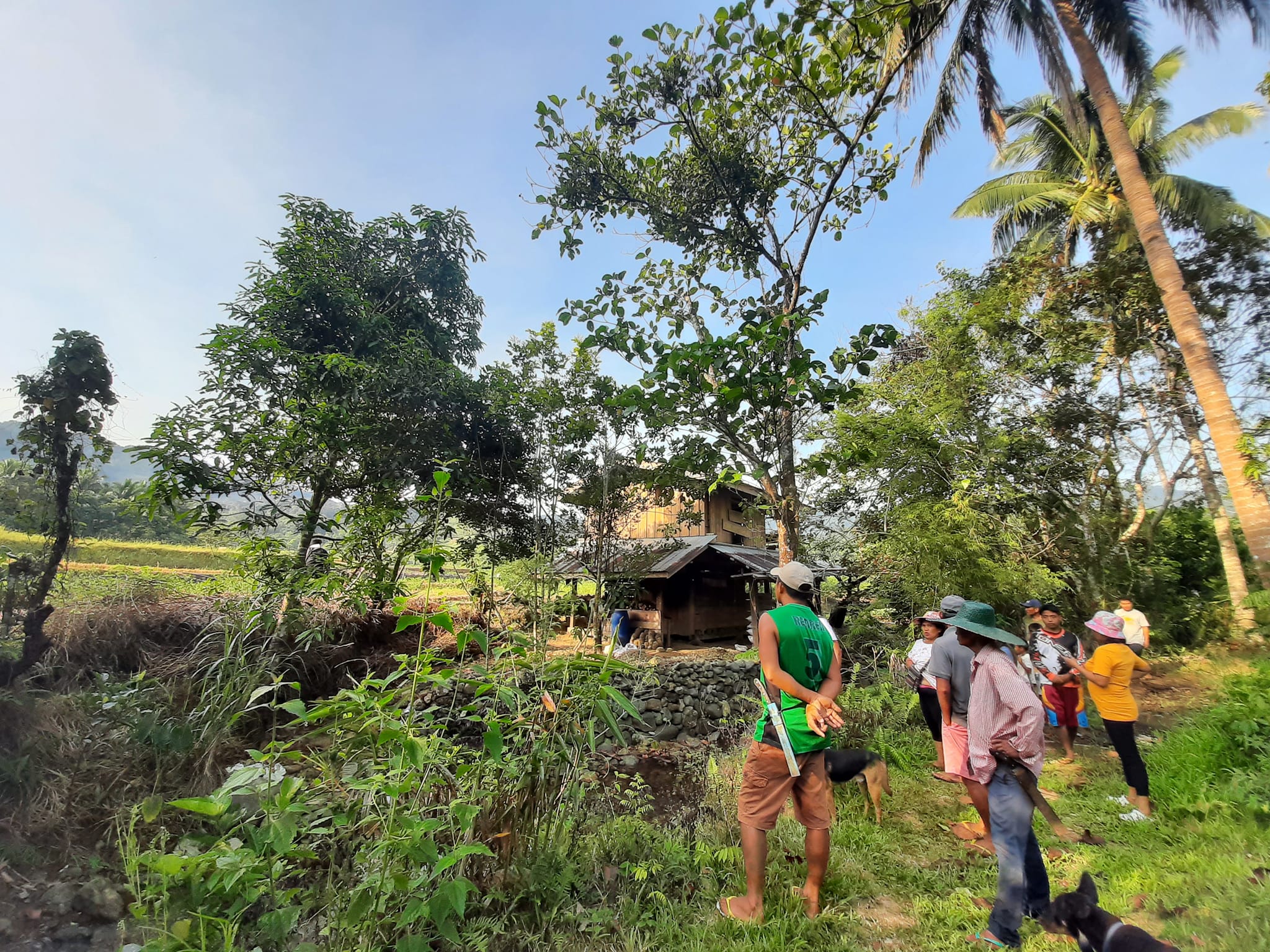
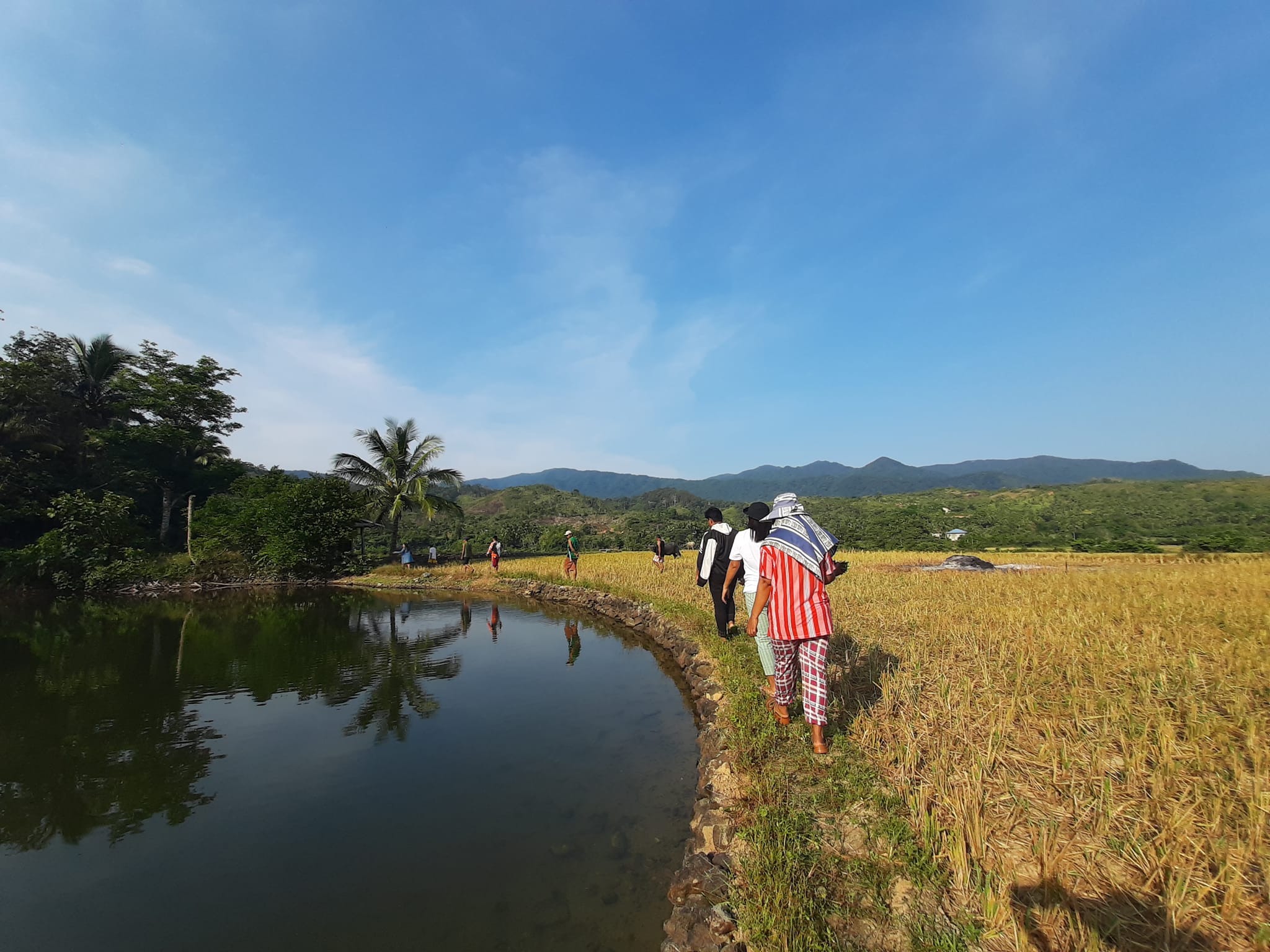
Comments (0)